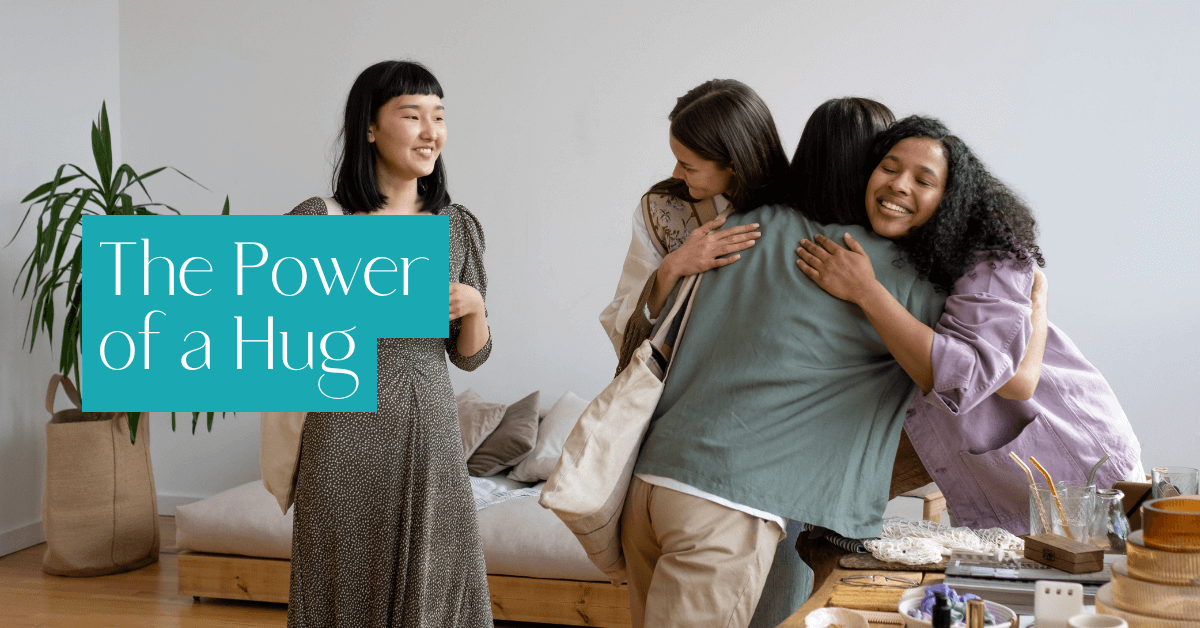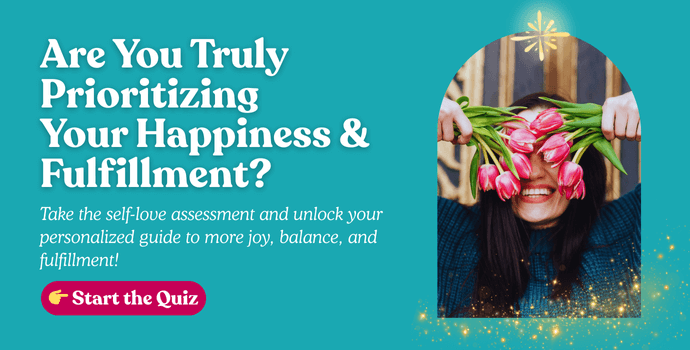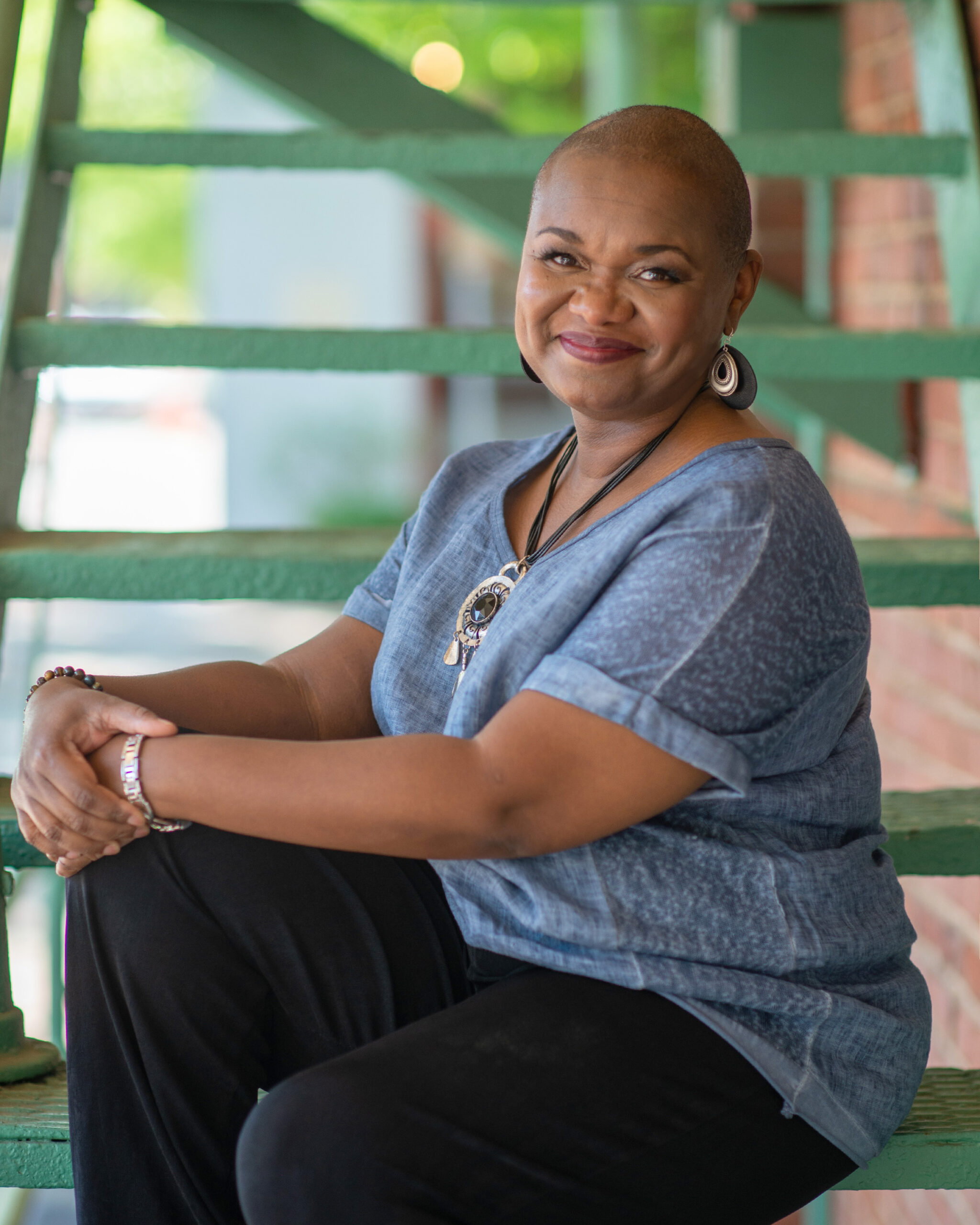I have two friends who give some really great hugs. What’s interesting is they always seem to know when I need a longer embrace. Hugs are more than just a simple gesture of affection—they are a vital source of emotional nourishment, healing, and connection. Science tells us that hugs reduce stress, lower blood pressure, and increase feelings of safety and well-being.
Yet, in many Black and Brown households, physical touch is not the primary way love is expressed. Instead, love is often shown through acts of service—providing food, ensuring a roof over one’s head, and working hard to give children a better life. While these acts are incredibly valuable, the absence of physical affection can leave an emotional void, particularly for women.
So, let’s talk about the importance of daily hugs, how a lack of them affects women, and why cultural norms around physical affection in Black and Brown families may need to shift.
Why Women Need Hugs Every Day
Renowned family therapist Virginia Satir once said,
👐 “We need four hugs a day for survival, eight hugs a day for maintenance, and twelve hugs a day for growth.”
For women, especially those who spend their lives nurturing others, hugs offer something deeply healing: reciprocity, comfort, and affirmation. Here’s why daily hugs matter:
1. Hugs Reduce Stress and Anxiety
Women are often the emotional anchors of their families—whether as mothers, daughters, sisters, or partners. Carrying the weight of everyone’s needs can be overwhelming. Hugs release oxytocin, the “love hormone,” which naturally reduces cortisol (the stress hormone) and brings a sense of calm.
2. Hugs Combat Loneliness
Even surrounded by family and friends, many women—especially Black and Brown women—struggle with loneliness. Society expects them to be strong, independent, and resilient, but even the strongest women need softness, care, and warmth. A daily hug provides that reminder: You are not alone. You are loved.
3. Hugs Foster Emotional Security
Women who receive affectionate touch regularly report higher levels of self-worth and emotional stability. A hug can be a physical reminder that you are safe, valued, and deserving of love—not just for what you do, but for who you are.
4. Hugs Improve Physical Health
Research has shown that frequent hugs can lower blood pressure, boost the immune system, and even reduce the risk of heart disease. For women who are constantly juggling responsibilities, a simple hug can be a small yet powerful act of self-care.
The Cultural Barrier: Why Black and Brown Families Hug Less
Despite these benefits, many Black and Brown households rarely express love through physical touch. Instead, love is shown through acts of service—working long hours, cooking meals, providing shelter, and ensuring children have every opportunity to succeed. While these are beautiful expressions of love, they can sometimes leave an emotional gap.
Many adults from Black and Brown families recall growing up in homes where hugs were rare, if not nonexistent. Some may have only experienced physical touch in times of discipline rather than affection. This cultural norm often stems from historical and generational trauma. For many Black and Brown communities, survival took precedence over softness, and affection was not always prioritized in the same way as hard work and resilience.
However, times are changing, and we now know that both acts of service and physical touch are essential for emotional well-being. It’s time to shift the narrative.
Breaking the Cycle: Bringing More Hugs into Black and Brown Families
If you grew up in a household where hugs weren’t common, it might feel awkward or even unnecessary to start hugging more now. But change starts with small, intentional actions:
✔ Start with your children. Even if it wasn’t the norm for you growing up, make hugging a daily habit with your kids. A simple embrace before school or at bedtime can strengthen your bond.
✔ Normalize affection in relationships. Whether with a partner, parent, sibling, or close friend—don’t hold back on showing love through touch.
✔ Give yourself permission to receive hugs. If you struggle with physical affection, start by allowing yourself to be hugged without resistance. Let yourself soften into it.
✔ Hug yourself. If no one is around, wrap your arms around yourself and hold tight. Self-hugging can still provide comfort and oxytocin release.
A Call to Embrace More
For Black and Brown women, especially those who have spent their lives taking care of everyone else, hugs are not a luxury—they are a necessity. They offer the emotional warmth that words and actions alone cannot always convey.
So today, I challenge you: Give (or receive) at least one intentional hug. Let it be long enough to feel the warmth, to breathe deeply, and to remind yourself that love is meant to be felt—not just shown.
Because you deserve to be held. You deserve to be loved—fully, openly, and without hesitation.
Sending you a big virtual hug right now. 🤗
Would love to hear your thoughts! Do you come from a family where hugs were rare? How have you learned to embrace physical affection as an adult? Let’s start the conversation in the comments. 💬💛




0 Comments